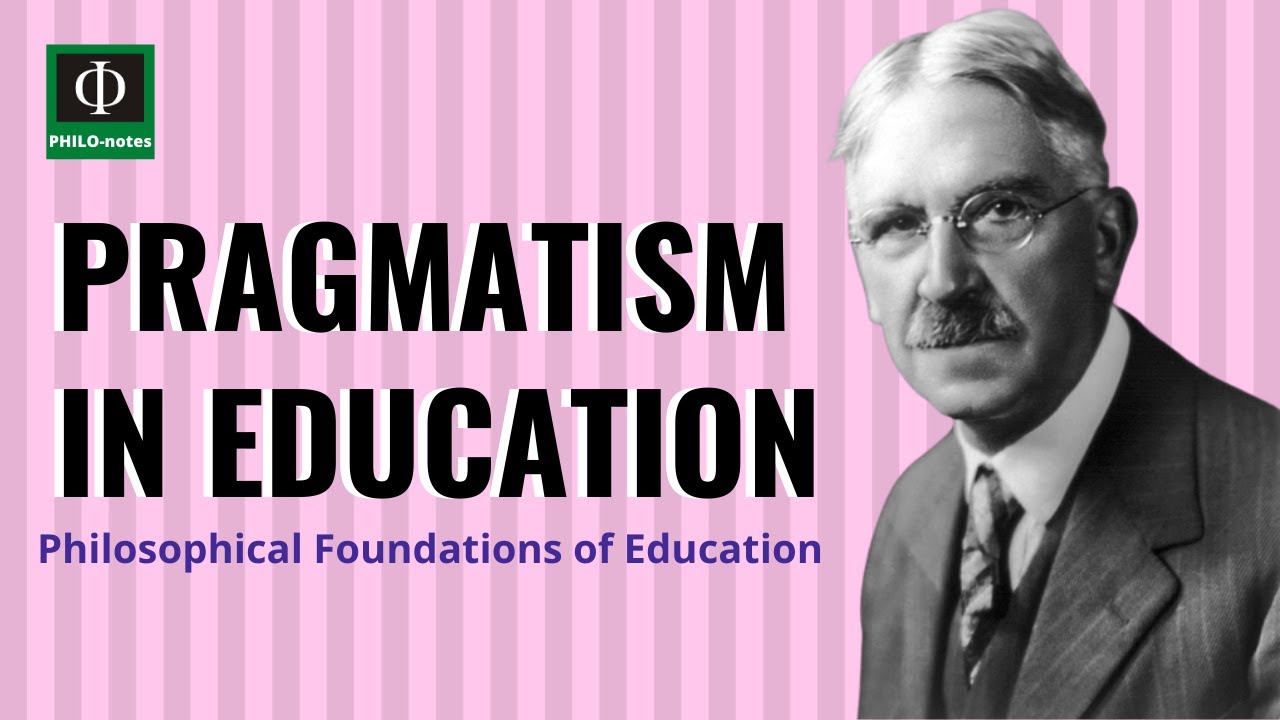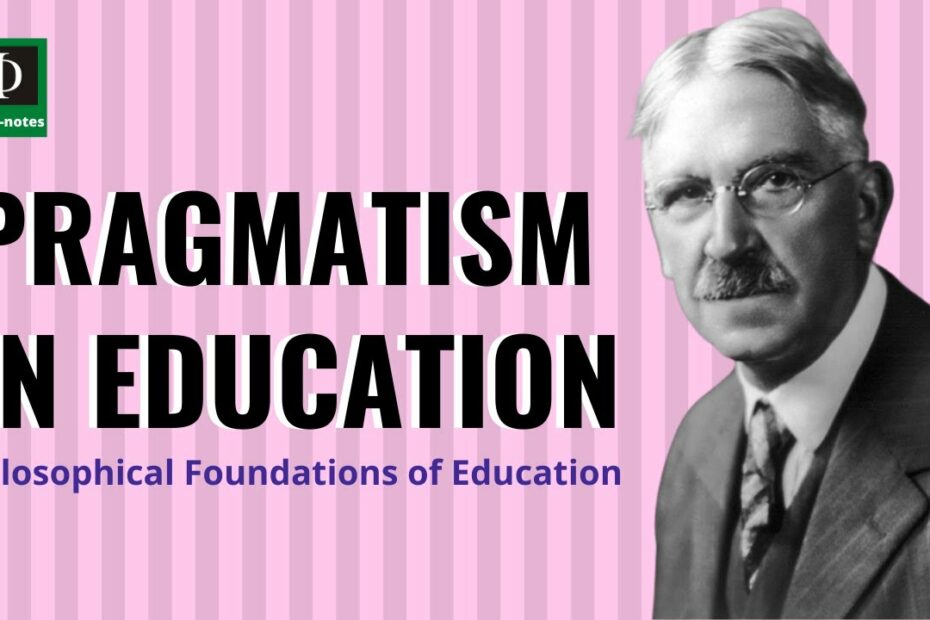What Is Pragmatism In Education By John Dewey: A Comprehensive Overview
John Dewey’S 4 Principles Of Education
Keywords searched by users: What is pragmatism in Education by John Dewey Democracy and education john dewey, Who is John Dewey, In the philosophy of John Dewey what is the topic
What Is Pragmatism According To John Dewey On Education?
John Dewey’s educational philosophy, known as pragmatism, underscores the importance of using practical experiences as a foundational approach to acquiring information literacy. According to Dewey, pragmatism emphasizes that learning should be rooted in real-life situations, benefiting both individual and communal contexts. In this educational framework, teachers play a vital role in guiding students’ learning journeys. However, they must do so in a way that aligns with students’ interests and needs, ensuring that instruction is clear and relevant. Through pragmatism, education becomes a dynamic process where experiential learning is central, fostering the development of essential skills for navigating both personal and community life.
What Is The Meaning Of Pragmatism In Education?
Pragmatism in education is a philosophical approach that emphasizes the importance of imparting practical knowledge and skills to students, with the overarching goal of nurturing their personal growth and development. This educational philosophy has been championed by renowned figures in the field of education, such as John Dewey and William James. Pragmatism advocates for teaching students not just theoretical knowledge but also practical, real-world applications, enabling them to become more well-rounded individuals capable of applying their learning in meaningful ways throughout their lives.
What Is John Dewey’S Theory Of Education?
What is John Dewey’s theory of education? John Dewey, a prominent educational philosopher, advocated for an interdisciplinary approach to curriculum design. He emphasized the importance of connecting various subject areas to create a holistic learning experience. In Dewey’s educational philosophy, children are encouraged to engage in a dynamic learning process where they have the freedom to explore their surroundings and follow their interests. This approach allows them to construct their unique pathways for acquiring and applying knowledge. Dewey’s theory is characterized by a student-centered, experiential learning model that promotes active engagement in the learning process. His ideas continue to influence modern educational practices, fostering a deeper understanding of how students learn and grow. (Note: I added information about Dewey’s influence and the student-centered approach for better clarity.)
Update 46 What is pragmatism in Education by John Dewey





Categories: Summary 65 What Is Pragmatism In Education By John Dewey
See more here: chinhphucnang.com

In education, pragmatism is an approach to learning and teaching that focuses on keeping things practical. Its key theorist is John Dewey. It has four principles: Unity, Interest, Experience, and Integration.Pragmatism encourages learning information literacy by using experiences as a way to deal with new things both in personal and community life. The teacher directs the students’ learning experience without confusing their interests and needs.Pragmatism is an educational philosophy that says education should be teaching students the things that are practical for life and encourages them to grow into better people. Many famous educators including John Dewey, William James were pragmatists.
Learn more about the topic What is pragmatism in Education by John Dewey.
- The 4 Principles of Pragmatism in Education (2023)
- Pragmatism-Philosophy of John Dewey’s Education
- PRAGMATISM AND ITS CONTRIBUTION TO EDUCATION
- John Dewey’s Theory – Aussie Childcare Network
- John Dewey – Stanford Encyclopedia of Philosophy
- Pragmatism in Philosophy | Overview & Theory – Video & Lesson Transcript
See more: https://chinhphucnang.com/dealbook
